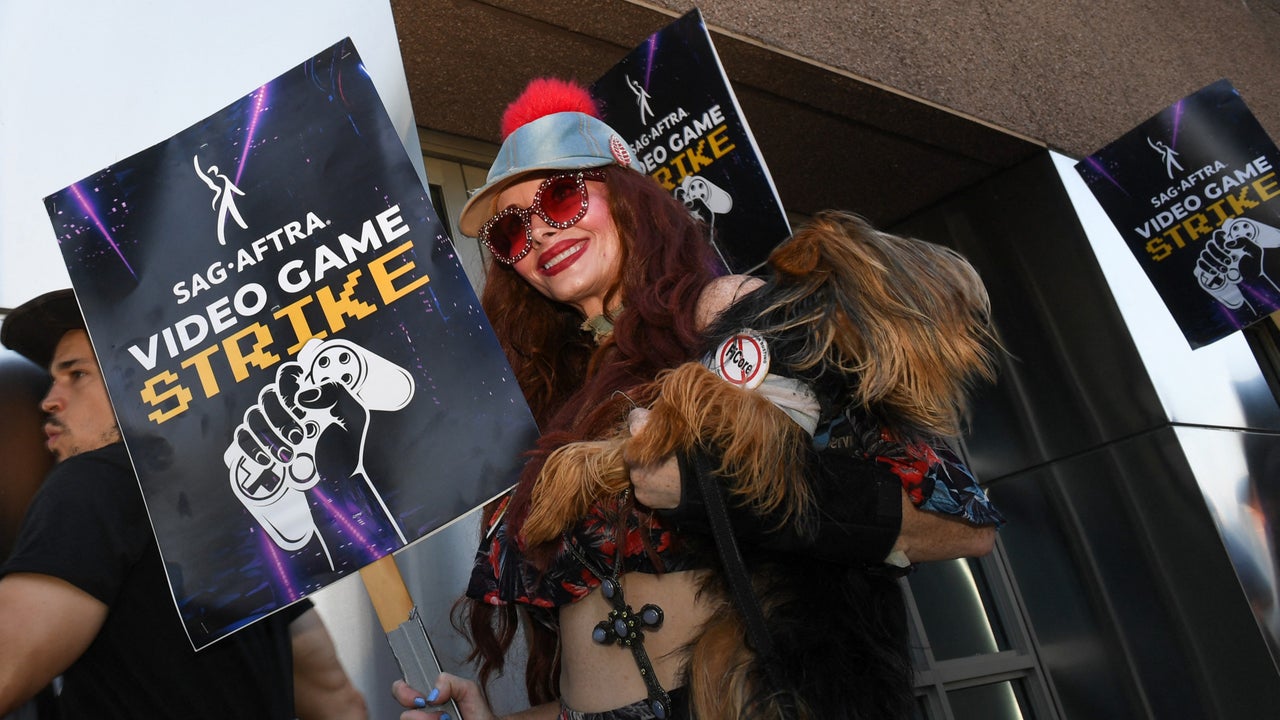The Screen Actors Guild – American Federation of Television and Radio Artists (SAG-AFTRA) has reached a “tentative agreement” with video game companies regarding AI protections for performers. 
This breakthrough could bring an end to nearly a year of strikes that shook the video game industry.
The dispute began in July 2024 when the union and major video game companies, including Activision, Blindlight, Disney Character Voices, Electronic Arts, Epic Games, Formosa Interactive, Insomniac Games, Take 2 Productions, and WB Games, failed to agree on AI-related provisions. This disagreement prompted a strike vote, which saw over 98% of members voting in favor of industrial action.
While the strike’s impact was initially uncertain, players quickly noticed disruptions in their gaming experience. For example, popular games like Destiny 2 and World of Warcraft featured some NPCs without voiceovers during otherwise voiced scenes. The strike also led to SAG-AFTRA’s intervention in League of Legends after Riot Games allegedly attempted to undermine the strike by canceling a game. Activision also confirmed that they had recast characters in Call of Duty: Black Ops 6, following concerns about the voices used.
Now, SAG-AFTRA has announced a “tentative agreement” with the video game companies, which is pending review and approval from its national board. If approved, the strike action is expected to cease, although members will remain on strike against certain employers until the agreement is finalized.
Duncan Crabtree-Ireland, SAG-AFTRA’s National Executive Director, expressed immense gratitude to the video game performers and the negotiating committee for their sacrifices. He highlighted the importance of the agreement, stating that it ensures necessary protections for performers in the age of AI while also securing other significant gains.
Earlier this year, SAG-AFTRA filed an unfair labor practice charge against Epic Games for using an AI-generated Darth Vader NPC voice in Fortnite, alleging that the company failed to bargain in good faith. The charge also claimed that Llama Productions, a subsidiary of Epic Games, made unilateral changes to employment conditions by using AI-generated voices in place of actors’ work.
Amidst the strike, Horizon actor Ashly Burch used a leaked AI-generated video of her character, Aloy, to draw attention to the strike’s cause. Burch emphasized the need for consent and fair compensation when AI is used to replicate a performer’s likeness, voice, or movements. She expressed deep concern for the future of game performance as an art form and the potential harm to actors’ rights if the industry loses this battle.
Photo by VALERIE MACON/AFP via Getty Images.
3 comments
Epic Games is definitely gonna push AI even harder now, mark my words
Finally!! I hope this brings real change for the actors 🙌
I don’t understand all the drama around AI… just get the job done!